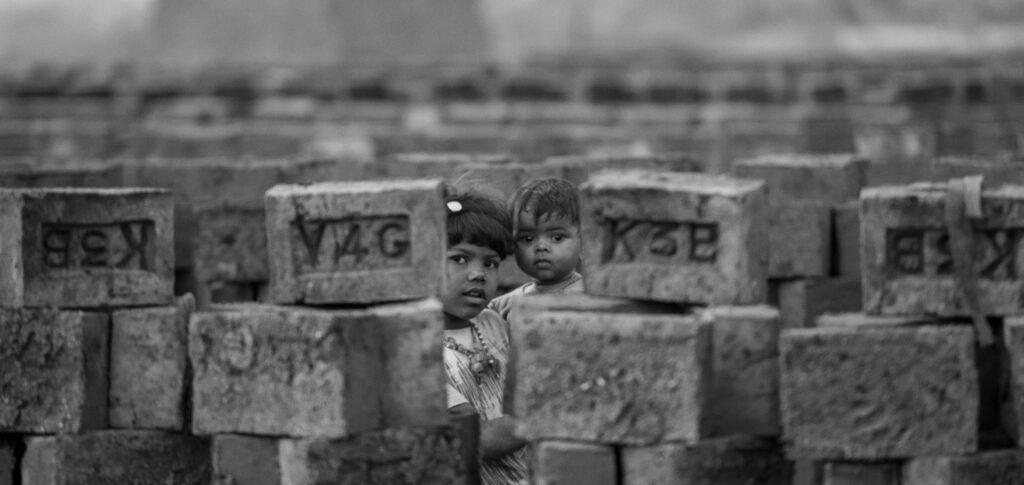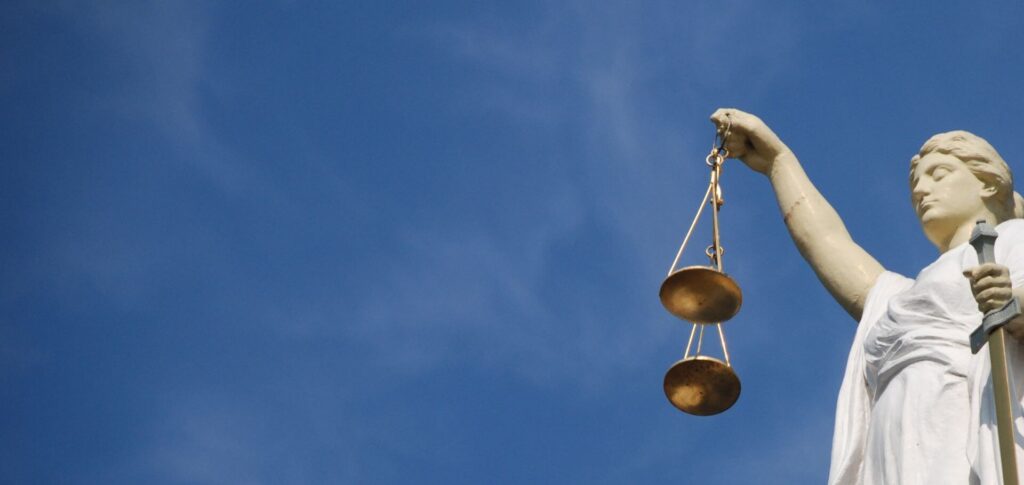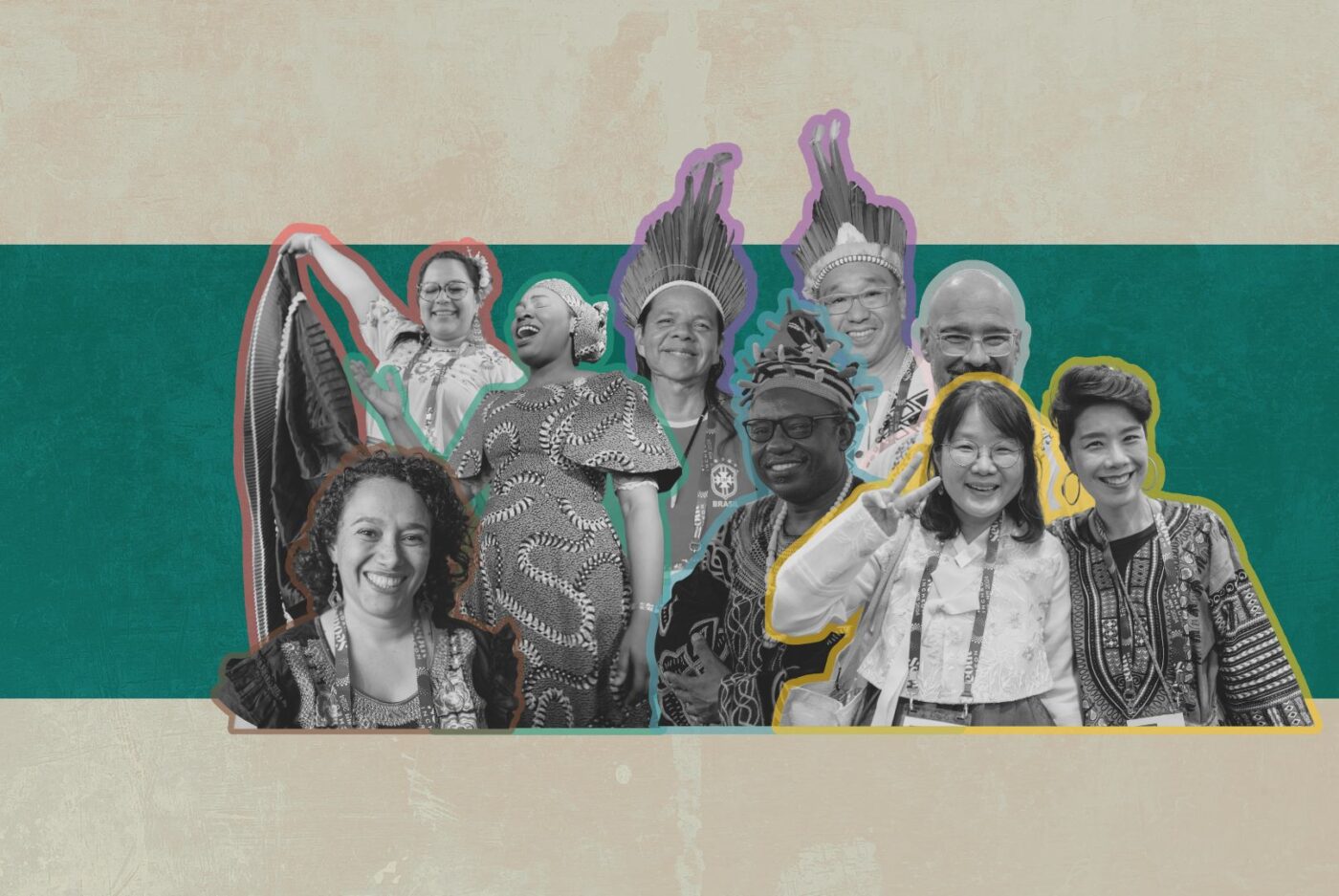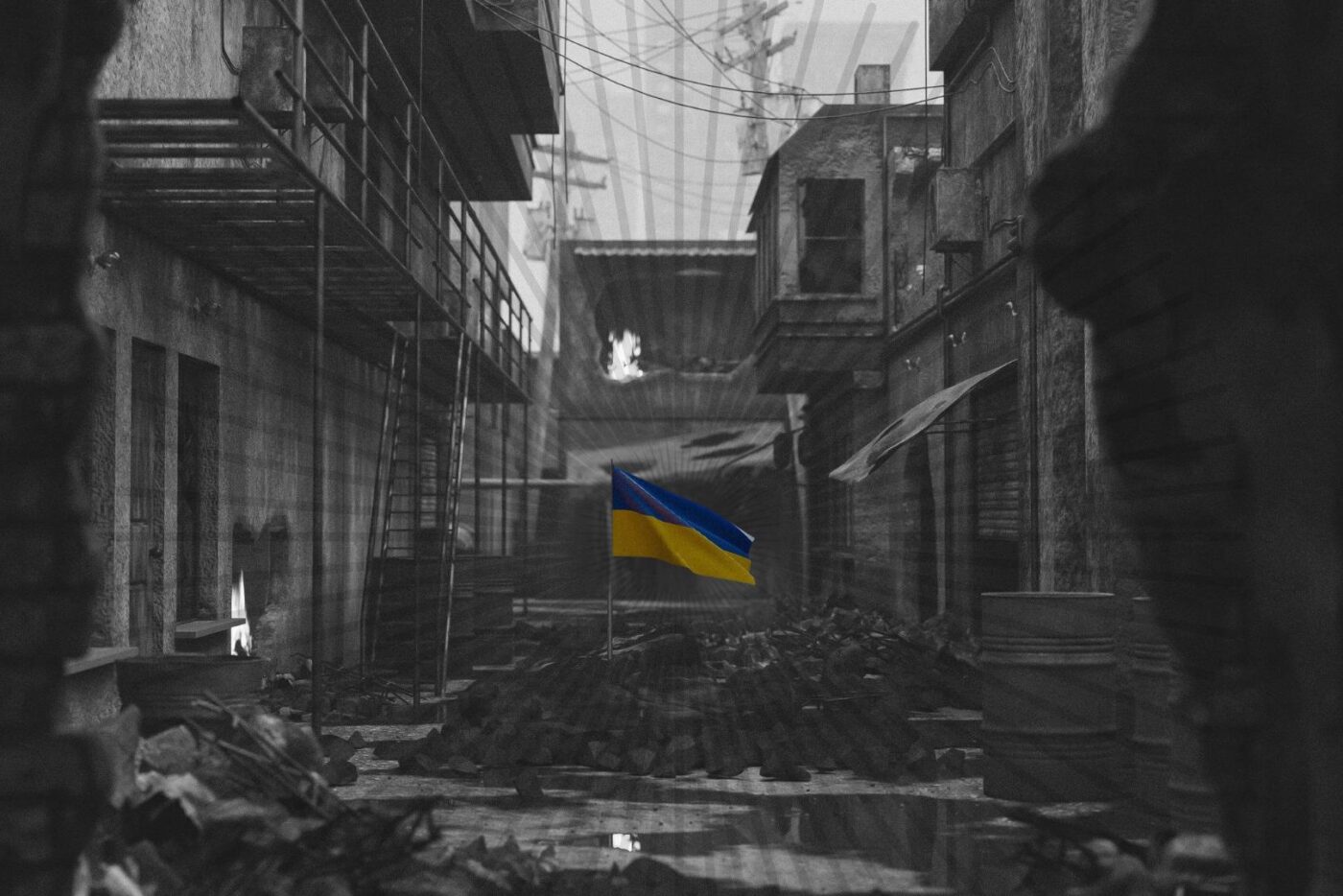Right to Freedom
Future of Freedom
‘Let us not seek to satisfy our thirst for freedom by drinking from the cup of bitterness and hatred.’ Martin Luther King Jr was clear in what freedom is and what is not, thanks to his Christian faith and upbringing. He was even clear on the methodology of achieving that freedom—not at the cost of others. Freedom, traditionally considered as the ‘liberation from the power of another’1 is becoming invalid now, though the former Secretary General of the United Nations, Ban Ki Moon, renewed his commitment to the famous ‘Four Freedoms’ speech of President Franklin Roosevelt, which spoke of four fundamental rights—freedom of speech, freedom of worship, freedom from want, and freedom from fear.2
The Now Generation3 defines freedom as the state in which one can self-determine their life path, goals, opinions, choices, expressions, and resources.4 It suggests having power over one’s own life to strive for a better life. Freedom going forward, is not being looked upon from external factors, but from within themselves.5 The preamble of the United Nations’ ‘Universal Declaration of Human Rights’ document states that the foundation of freedom is considered as the ‘recognition of the inherent dignity and of the equal and inalienable rights of all members of the human family.’6 Thankfully, freedom as a community notion is still visible among some Indigenous peoples.
The Now Generation3 defines freedom as the state in which one can self-determine their life path, goals, opinions, choices, expressions, and resources.
However, this collective, community notion is disintegrating in many contexts with the entry of an economy and ways of life strongly influenced by capitalism that promotes consumerism, accumulation of money, and a focus on individualism. This has created a type of neo-freedom. For example, in a community culture, the land belongs to everyone, and everyone lives accordingly, with no one left without land. The people who work in the land to cultivate share the fruits of the land with the community. This life is simple, and accumulation is absent. Unfortunately, this emergent neo-freedom is making community life into individual triumphalism and liberality into a lack of generosity. The definition of freedom is being twisted from a community notion to an individual concept. A social perspective is inadvertently turning into a selfish one: ‘Do I not have the right to speak like this or do this?’
Predictably, the future of freedom is alarming. For when selfishness creeps into the framework of freedom, it is only a matter of time for offenses to be justified. The offenses need not be limited to physical ones. They can be emotional, economic, or even enterprising in nature. To add to the confusion, the world is facing innovative technologies and definitions created by Artificial Intelligence and other emerging technologies. The intentional inputs can be skewed up for favoring offensive selfishness, thereby changing the definition of freedom for the next generation.

Change in Perspectives on Freedom
While the term freedom has so many connotations across ages and regions, it is also important to understand what the Scripture says about freedom. Starting with the creation story where Adam and Eve had total freedom to enjoy everything, they gave up their freedom by choosing to rebel against God. The perfect freedom was gone, and the long-term effects were both physical and spiritual.7 The loss of physical freedom was often tied to spiritual disobedience and, to gain back freedom, one should pursue deliverance from sin. Biblical freedom received then is holistic—freedom of health, freedom in economy, freedom of humanity, freedom of culture, freedom from oppression, freedom of land, and the list goes on.
God’s freedom, however, does have constraints.8 Constraints continue in God’s design, be it personal freedom, as in the case of Naaman’s healing 9, or political freedom, as in the case of Israel’s formation. When constraints were not respected, freedom was lost, be it Gehazi getting leprosy,10 or the Israelites being overrun by their enemies. Dr Robert Gillies, Bishop of Aberdeen and Orkney, echoes it, ‘While one values liberty and freedom of expression, restraint on the grounds of careful responsibility and respect for others helps create a tolerant and humane society.’11
Freedom is explained as something where one is free to act according to their own choices while not being coerced or restrained.
Injected by the New Age teachings and existentialists like Jean-Paul Sartre, the Now Generation misconstrues freedom with Individualism, where capitalism permeates into societies today, strongly impregnating utilitarianism, consumerism and creating a cannibalistic competitiveness resulting in lots of damages. Freedom is explained as something where one is free to act according to their own choices while not being coerced or restrained.12 Individualistic thinking attenuates the importance of restraints and elevates unrestricted lifestyle, affecting the society at large.13 Ethics can be redefined by any individual, and what is perceived as right by one section of the society can be considered as wrong by the other in the same society. This can be broadened to any issue, be it religious majoritarianism, ethnic suppression, linguistic divides, gender discrimination, workplace capacity allocations, or anything where injustice can prevail. Decision-making would become challenging as the rulership of the respective entities who design institutional policies would end up favoring the majority who need not be ethically or spiritually right.
Individualistic freedom has already caused enough damage to society where the rich are ‘freer’ than the oppressed and marginalized, increasing the greed for money, stemming up crimes, making people insecure, and in turn losing their freedom. Unrestricted freedom works only in a society where everyone is inherently good and respects each other’s freedom. Since that is not the reality, it would only accelerate the crimes and chaos in the society.14
Within the church, the majority of the Now Generation, influenced by their peers, feel they are restricted and not given proper freedom. Lifeway Research states that the second largest reason for the Now Generation to get disillusioned with the church is because of judgmental members.15 The judgmental approach is being conceived by them as an infringement of their freedom. Though their frustration is justifiable to an extent, given the generation gap, absolute freedom is not the solution. Progression, on the other hand, can occur when critics are properly attended to. Further, upon discernment, it helps to be in the shoes of the oppressed, and to acknowledge alongside them the varied reasons for which the church has been complicit. However, unrestricted freedom can result in dilution of dogma to allow for personal preference and construction of faith preferences leading to syncretistic faith.

Opportunities and Challenges
The kingdom of God treats everyone as equal, and it is the responsibility of Christians to treat people impartially in their vocations and in society. Though a few communities that encourage solidarity economies are emerging, for the majority, freedom promotes individualism that will create chaos in society. The church has two choices. First, it can act prophetically, which minimizes the chaos. Second, it can continue its regular activities and act over this chaos in a retrospective manner.
The Wholistic Gospel
For most, the Macedonian call 16 of churches limits itself to direct evangelism. While its importance is not moderated, it needs to be remembered that Christ has called his bride to present a holistic gospel for an all-encompassing world. Presenting the gospel should pair up preaching with actions. The most important action to prevent this chaos would be to call for and implement the freedom designed in the Bible. Following one of the foundational principles of the Scripture, ‘Love your neighbor as yourself’ (Mark 12:31), Christians seeking to be salt and light have the opportunity to get involved in designing and effecting freedom with ethical constraints in society.
To fail in this would mean that the freedom envisioned by the Now Generation will embolden society with the practice of ‘Might will be right.’ The challenge for the church will then be to negate the superiority stature of the ‘Might’ for creation of an egalitarian society. If not, segments of society will go through severe ostracism. The post-colonial world has already created major chaos in splitting communities across political boundaries, making major ethnic communities minorities in newly formed nations.
The responsibility of the church, therefore, should be concerned with the freedom of the oppressed and the marginalized.
For many, freedom from colonial nations has only seen the change of masters. With freedom being equated with ‘nationalism’ by the political class, through various forms and disciplines, ethnic and economic minorities are facing untold hardships. Policies and practices are being designed that are considering the freedom of the majority and thereby encouraging communal nepotism. Many countries under a false identity of infrastructure development have systematically and intentionally displaced Indigenous communities from their territories. The cultures and languages of the minorities are becoming extinct upon displacement, and the majority are less worried. Multiple organic and spiritual knowledge systems, land-based systems, and frameworks arising from social movements of the marginalized are intentionally killed. Under the pretext of a false peace, minorities are forced into negotiations. A cannibal economy is promoted, threatening the life of creation, including those of Indigenous peoples. Free access for knowledge-sharing is a powerful tool to deepen democracy and to advance a struggle for a fairer and healthier world. Higher education, unknowing of the long-term effects, excludes many of the diverse knowledge systems in the world.17 The envisioned freedom will only embolden these oppressors even more.
The Church’s Prophetic Role
The responsibility of the church, therefore, should be concerned with the freedom of the oppressed and the marginalized. While traditional fasting is not decimated here, one needs to remember the kind of fasting God loves: ‘This is the kind of fasting I want: Free those who are wrongly imprisoned; lighten the burden of those who work for you. Let the oppressed go free and remove the chains that bind people (Isa 58:6).’ One needs to introspect how much emphasis the church is giving to this genre of fasting which calls for the freedom of the oppressed. Though the church speaks out in certain pockets favoring the oppressed, in many of these cases it limits itself to statements from leadership which do not get converted into action among the people on the ground. The church must take on its prophetic role by working more promptly in denouncing injustice, freeing the oppressed, and rising against the unrestricted freedom of the oppressors.
Regrettably, in some territories, the church ends up aligning with rulers forgetting its prophetic role in the community. Historically, the theology of ‘submission to authorities’ devised and formed in the colonial era has not been given a rethinking. Contextual thinking needs to be put to it when submission becomes valid, though the substance in it is not being negotiated. This theological understanding has created confusing situations for the church, particularly in discerning how to manage when the nucleus of injustice is initiated from ones in authority in the name of freedom that is coupled with patriotism.
Biblical freedom gives priority to equality among communities. It does not talk about ignoring someone, but instead about including everyone. Being neutral makes the situation worse. Bishop Desmond Tutu warns, ‘Being neutral in situations of injustice always helps the oppressor.’ Decades ago, there was a common saying which did rounds among the Christian community—‘What Would Jesus Do?’18 It is time for the church to reflect its call on the same lines—what would Jesus do in this kind of situation? As everyone knows, Jesus would be setting the oppressed free.

Contextualized Freedom
As the understanding of freedom is constantly changing, the Christian response to it should also be revisited at frequent intervals. Theological reflections written during a homogeneous monarchical society cannot be relevant in every aspect to a heterogeneous democratic community. Theological understanding, alongside prayerful deliberation, is needed for the Holy Spirit to guide us.
A capitalist, for example, will think freedom is where the individual can do their mining business by displacing the Indigenous people to thoughtless geographies. The government might also stand with the capitalist for it brings revenue to the nation at-large. Therefore, the displaced and intentionally scattered Indigenous community would become a minority in its new geography and might lose its opportunity to gain experience in their language and systems in the schools, citing that it is of no use for the majority. The displaced communities, having lost their customs and source of living are then prone to trafficking, infections, exploitation, and things untold. In many cases, the non-governmental sectors are interested in working on rehabilitation of the affected or addressing these atrocities, but then forget to manage the root causes.
The Role of the Church
What would then be the role of the church in these situations? Should it be a bystander? Should it give voice to the minority needs? 19 Would the church run its prayers for every linguistic minority in the community, or will it keep quiet for want of the funds from the capitalists or protection from the government?
The confusion of ‘submission to authorities’ starts here. Should the church stand for the so-called long term economic benefits of the nation or should it stand with the Indigenous people who are thoughtlessly shuttled across the geographies? What would be the stand of a national church where the leaders are from the majority community and the minorities are being targeted by the government represented by the majority community? How much of the teaching in the church speaks for the politically or economically oppressed? How much of those teachings are put in tangible practice?
The church at-large is responsible for implementing the JustFreedom modeled in the Scripture by developing influencers in society. The faith community, instead of getting crippled by limiting itself to the cycle of worship in the church, should become the agents of implementing God’s will in this world. Believers of Christ should exert themselves to hold all decision-making positions and centers of influence in the community—be it in arts, business, media, education, governance, hospitality, or technology. To achieve those positions of influence, there should be continuous prayer and action with proper planning and decisions. Unity in the body of Christ is essential to accomplish the marketplace influence which would invariably rightly define freedom and then implement it in the society.
Christ’s Freedom
Having said the above, it is imperative that we agree the foremost role of the church would be to evangelize the community and sustain the evangelized within the evangelized framework. This is solely possible only if the church preaches the gospel in the community—be it reached or unreached. Jesus, when preached and being the Truth, will set everyone free—not just spiritually, but holistically. The integral gospel calls the church to proclaim the good news, which includes denouncing the structures of corruption and systematic violence that permeate society, including a revision of the church structures if required.
Jesus came to give life in abundance for those who do not live a full life, including those who are denied this full life due to systematic injustice. He preached, but he also healed. He spoke against injustice and acted in every form against it. So too the church, which has the responsibility to follow his footsteps, should also ensure the gospel is preached, the sick are healed, and freedom put into practice.
Endnotes
- Merriam-Webster.com Dictionary, s.v. “freedom,” accessed June 13, 2023, https://www.merriam-webster.com/dictionary/freedom.
- Arwen Armbrecht. “What Are Your Four Basic Freedoms?” World Economic Forum. December 11, 2015. https://www.weforum.org/agenda/2015/12/what-are-your-four-freedoms/.
- Now Generation refers to the ‘Young generation’ in the church. Instead of referring them as tomorrow’s generation, which does not give them a space in the larger church today, the Asia 2020 Congress of Lausanne Movement decided to call them the ‘Now Generation’.
- Paul Jenkins. “Why Freedom is Important (Fully Explained).” Brilliantio. Last updated May 4, 2022. https://brilliantio.com/why-freedom-is-important/.
- Alin Trodden. “What is Freedom in Modern Society.” TostPost. September 25, 2018. https://tostpost.com/news-and-society/24811-what-is-freedom-in-modern-society.html.
- United Nations. “Universal Declaration of Human Rights.” Accessed May 2, 2023. https://www.un.org/en/about-us/universal-declaration-of-human-rights.
- Billy Graham Evangelistic Association. “4 Things the Bible Says About Freedom.” June 29, 2020. https://billygraham.org/story/4-things-the-bible-says-about-freedom/.
- Art Lindsley. “Seven Implications of the Biblical View of Freedom for Our Lives.” Institute for Faith, Work, & Economics. July 4, 2016. https://tifwe.org/seven-implications-of-biblical-freedom/.
- 2 Kings 5; Luke 4:27
- 2 Kings 4—5
- Robert Gillies. “Freedom Without Restraint?” The Scottish Episcopal Church. January 28, 2015. https://www.scotland.anglican.org/freedom-without-restraint/.
- David Richo. “From Compliance to Choice.“ Accessed June 13, 2023. Shambhala Publications. https://www.shambhala.com/longing-for-freedom/.
- David Grace. “Unrestricted Freedom Is A Zero-Sum Game.” May 18, 2021. Government & Political Theory Columns by David Grace. https://medium.com/government-political-theory-columns-by-david-grace/unrestricted-freedom-is-a-zero-sum-game-more-freedom-for-you-means-less-freedom-for-me-a4da2cef5c4d.
- Law Aspect. “Why do Liberals Not Believe in Unrestricted Freedom?” Accessed April 24, 2023. https://lawaspect.com/why-do-liberals-not-believe-in-unrestricted-freedom/.
- Aaron Earls. “Most Teenagers Drop Out of Church When They Become Young Adults.” Lifeway Research January 15, 2019. https://research.lifeway.com/2019/01/15/most-teenagers-drop-out-of-church-as-young-adults/#:~:text=Two-thirds (66 percent), from Nashville-based Lifeway Research.
- Acts 16:9—10
- Budd L. Hall and Rajesh Tandon. “Decolonization of knowledge, epistemicide, participatory research and higher education.” Research for All 1, no. 1 (2017): 6-19. https://www.unescochair-cbrsr.org/pdf/resource/RFA.pdf.
- Charles Monroe Sheldon. In His Steps. Scotts Valley: Create Space, 2012.19. Francesca Gino. “Why It’s So Hard to Speak Up Against a Toxic Culture.” Harvard Business Review. May 21, 2018. https://hbr.org/2018/05/why-its-so-hard-to-speak-up-against-a-toxic-culture.





